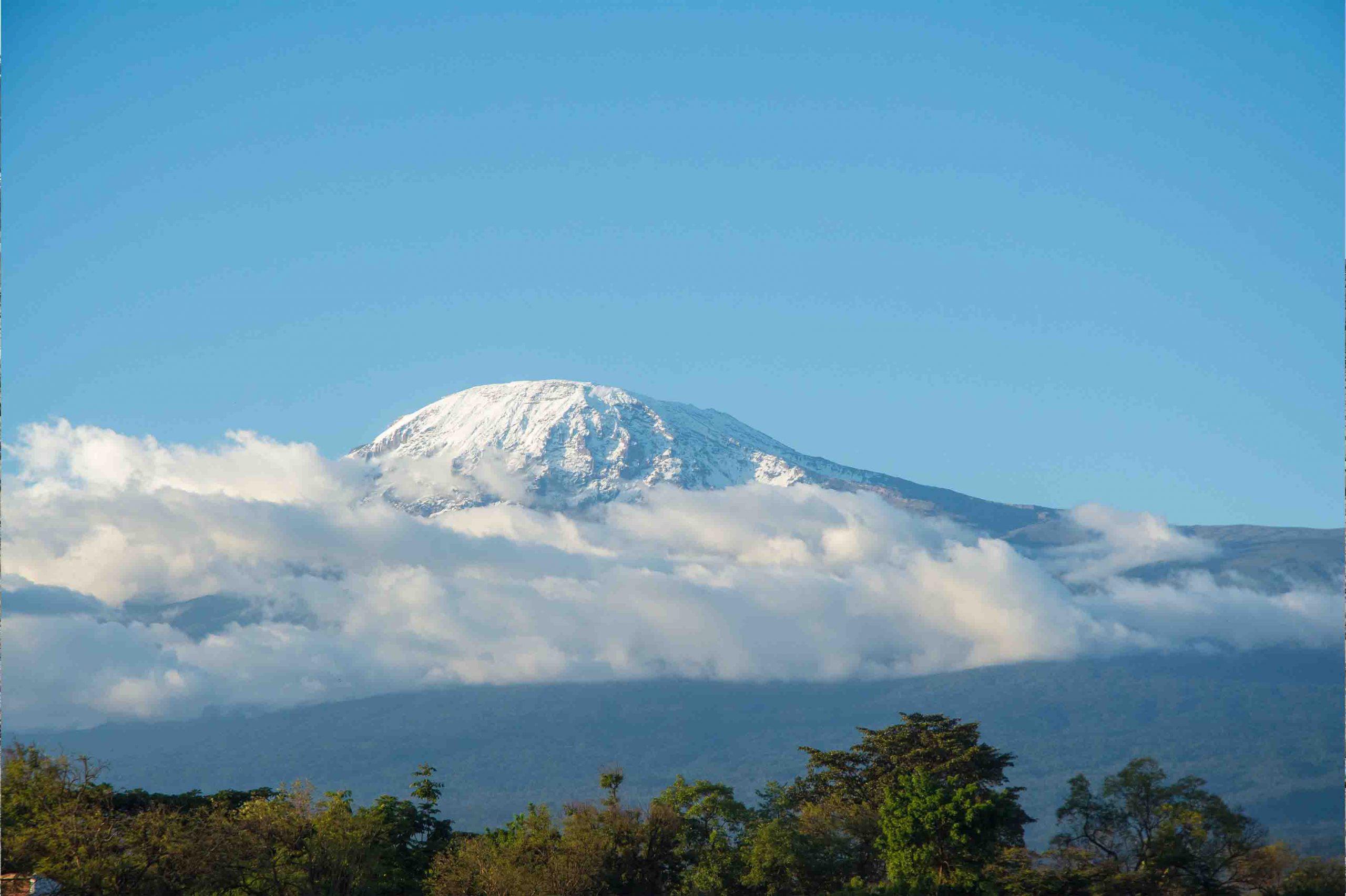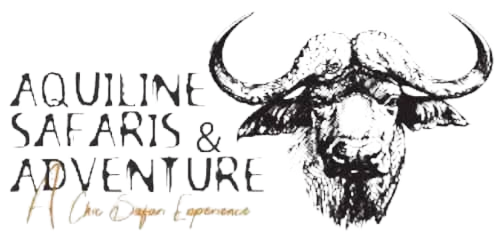FAQ's
Home / FAQ’s

Reach to us
For More infos
We have gathered some of the questions that we mostly tend to receive here from our visitors and we found them useful to share with you.
Check with your doctor and the Center for Disease control for current recommendations. None are required for entry to Tanzania from the USA or for re-entry to the USA. If you are arriving from a yellow fever epidemic area such as Kenya, proof of vaccination is required.
We always have a first aid kit close at hand. More serious injuries are rare. Porters will assist injured climbers to the base of the mountain and onward to a clinic or hospital. Kilimanjaro International Airport is very near Marangu Gate if evacuation to The US or Europe is advisable.
Tanzanian shilling is the official currency of the United Republic of Tanzania but the US dollar is ubiquitously used too. Other currencies such as euro, Pound Sterling, Swiss franc are not used in the payment but they always can be exchanged for shillings at a reduced rate at any exchange office.
Most of the hotels, restaurants and souvenir shops have prices in US dollars but you can pay by local shillings. In supermarkets with cash register you can pay by shillings or by credit card, the commission will be ~5%.
Note: The bank notes of older than 2003 issue year are depreciated in Tanzania banks
Tanzania is situated very close to the equator, therefore, the weather here is rather stable with a comfortable and well-balanced climate. Temperatures never reach extremely hot or very cold. The average annual temperature varies from +25°C in the south of the country and up to +27°C in the north.
It should be mentioned that on Kilimanjaro and places such as Ngorongoro Crater, the temperature does sometimes fall below zero, especially at night time. It is necessary to take warm clothes on a safari to Ngorongoro Crater or when trekking. Many people try to avoid rainy seasons in Tanzania, which fall between March and May (the long rains) and the end of October and the first half of December (the short rains). Interestingly, the weather in Tanzania in December is hot and wet at the same time, making for a very warm, tropical safari experience. The rainy season is marked by heavy precipitation, however there are typically sunny periods during each day. The table below gives an approximate annual estimation:
”I want to visit Tanzania, but is it safe?” This is a question that regularly comes up from our clients seeking Tanzania travel advice. The short answer? Yes! Tanzania is one of the safest destinations in Africa, with more than 1 million tourists visiting the country every year.
Travelling with the travel experts at Tanzania Specialist, safety is paramount. Our private safari experiences with knowledgeable, professional guides enhance your experience in Tanzania and ensure your total peace of mind.
Check out our Tanzania safety tips for more information on safe travel in Tanzania.
The population of Tanzania is almost 60 million. One of Africa’s most ethnically diverse countries, around 125 different ethnic groups live in Tanzania, with more than 100 different languages spoken nationwide.
The Tanzanian people are well-known for their hospitality, often warmly welcoming tourists to experience their beautiful nature, wildlife and culture. Meeting the locals is one of the best ways to really learn more about a country and its culture and is well recommended on your Tanzania discovery!
Most international travellers will need a visa to travel to Tanzania. Your visa can be requested online through the official Visa website from the Tanzanian government. Please note that this is the only official link for Tanzania visa applications.
It is also possible to get a tourist or business visa for a single entry on arrival at the main ports of entry to Tanzania. This visa for Tanzania is valid for three months. You may be asked to provide proof of your return journey, and costs are $50 per person, US Citizens $100 per person.
When arranging your trip to Tanzania with Tanzania specialist, we guide you through every step of the visa and administration process.
Passports should have at least six months of validity after the final day of travel.
A Yellow Fever vaccination certificate is only required for travellers one year of age and older coming from – or who are in airport transit for more than 12 hours within – a country with risk of Yellow Fever transmission.
In addition to standard vaccinations such as MMR and TDP, the CDC and WHO recommend vaccinations for Tanzania. Hepatitis A, hepatitis B, typhoid. Yellow fever and rabies vaccinations are also recommended depending on the traveller’s activities. As with all international travel, we always advise you to consult your physician for professional health advice before travelling to Tanzania.
Tanzania is GMT + 3. To put that into terms we all understand, check out the time difference from Tanzania to LA, New York, London and more below.
Los Angeles: -10 hours
New York: -7 hours
London: -3 hours
Berlin: -2 hours
Hong Kong: +5 hours
Tokyo: +6 hours
Sydney: + 8 hours
Auckland: +10 hours
The Tanzanian Shilling is the official currency of Tanzania. You can use the Tanzanian Shilling for smaller expenses like shopping at local markets, restaurants and supermarkets. The US dollar is used in many places, too, especially in tourist areas where many locals prefer to receive US dollars over local currency.
1 US Dollar is about 2,319 TZ Shilling.
1 GB Pound is around 3,057 TZ Shilling.
There are over 100 different languages spoken in Tanzania. The official languages, however, are Swahili and English. You can expect all your Tanzania Specialist guides and hosts to speak English, but if you’re looking to learn a few words of Swahili before your trip, check out our list of top 25 useful words in Swahili!
Travelling in Tanzania is more than just a vacation. For many explorers of Tanzania, this is a bucket-list adventure to remember for a lifetime. For detailed Tanzania travel advice or to start planning your custom vacation in Tanzania, contact us now.
We look forward to welcoming you to Tanzania soon!
Help me Plan!
We have gathered some of the questions that we mostly tend to receive here from our visitors and we found them useful to share with you.

